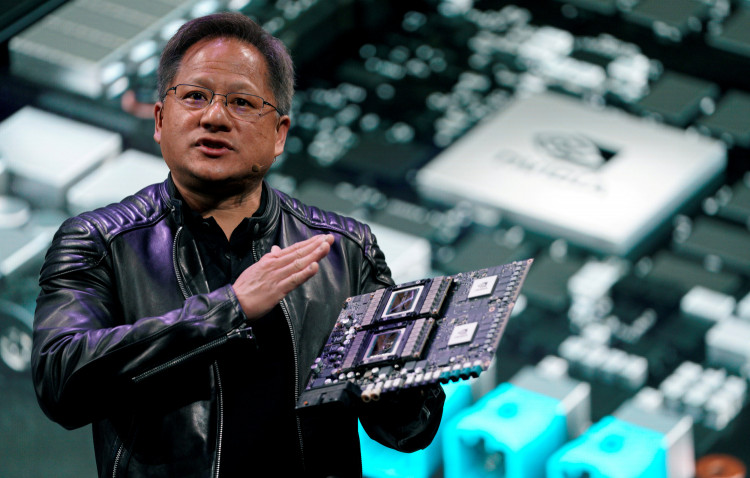In a landmark declaration on Monday, Jensen Huang, CEO of Nvidia Corp (NVDA.O), stated that artificial intelligence (AI) has democratized programming, allowing everyone to become a computer programmer simply by conversing with the computer. This, he said, signals the conclusion of the "digital divide".
Nvidia has catapulted to the top of the semiconductor industry, earning the title of the world's most valuable listed semiconductor company, owing to its significant role as a provider of chips and computing systems for AI.
Last week, Nvidia predicted a second-quarter revenue increase exceeding 50% of Wall Street's forecasts. The firm also confirmed that it's ramping up supply to address the booming demand for its AI chips, which are integral to the functioning of AI services such as ChatGPT and others.
Addressing a large audience at the Computex forum in Taipei, Huang, a Taiwan-born US immigrant, asserted that AI is spearheading a computing revolution. "There's no question we're in a new computing era," he stated during his speech, infusing the occasional Mandarin or Taiwanese phrase to the crowd's delight.
"With every computing era, new previously impossible capabilities arise, and artificial intelligence certainly fits that bill," added Huang. He emphasized the lowered barrier to programming, stating, "We have closed the digital divide. Everyone is a programmer now - you just have to say something to the computer."
Huang attributed the rapid advancement in AI to its ease of use, suggesting that this technology would infiltrate every industry.
Nvidia's chips have facilitated companies like Microsoft Corp (MSFT.O) to incorporate human-like chat functionalities in search engines like Bing.
Huang showcased AI's potential, highlighting how a program could compose a short pop song lauding Nvidia based on a few verbal instructions. He also announced several new ventures, including a collaboration with WPP (WPP.L), the world's largest advertising group, to develop AI-powered content for digital advertising.
Despite Nvidia's efforts to increase the supply of its AI chips, the demand remains high. Even Tesla Inc (TSLA.O) CEO Elon Musk, who is reportedly laying the foundation for an AI startup, noted in an interview last week that acquiring graphics processing units (GPUs) is "considerably harder to get than drugs".






